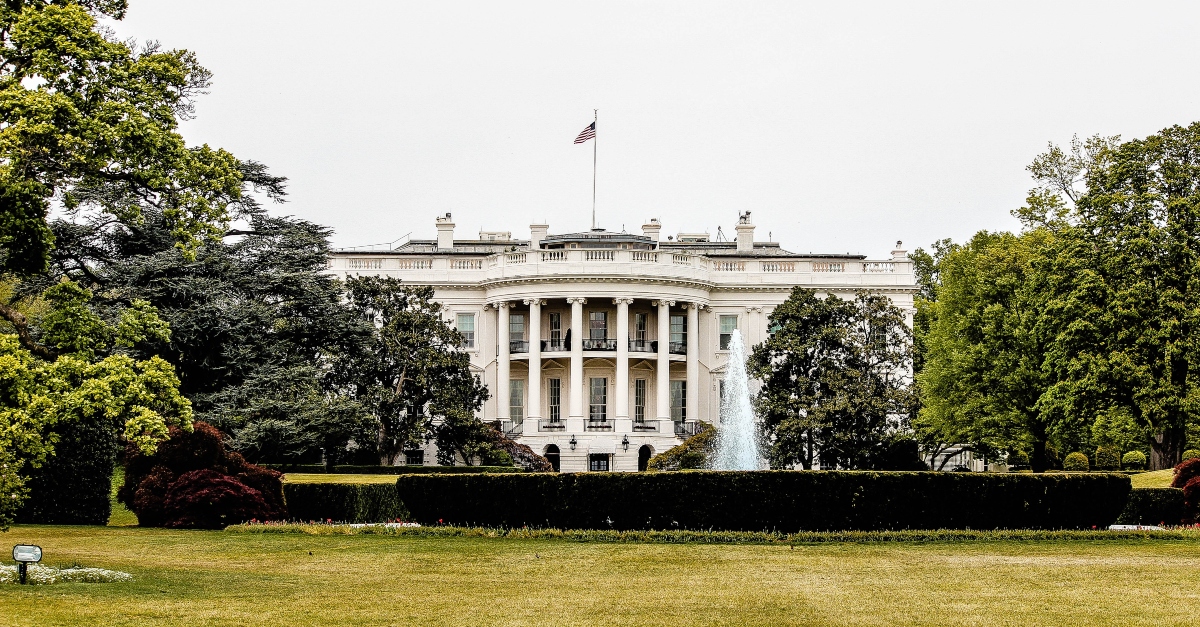
www.thegospelcoalition.org
Why Your Community Needs Healthy Marriages
Tell me if you’ve heard this story before: Marriage‚ followed by childbearing‚ is the path most likely to lead to a happy‚ meaningful life for most of us. Compared to Americans who don’t attend church‚ the religiously observant say they’re happier‚ they’re less lonely‚ and they find more satisfaction and meaning in life. Shared faith matters more to a quality marriage than education‚ income‚ or political ideology. The major increase in divorce can be traced back to the 1970s with the introduction of the soulmate model of marriage. But religious attendance can reduce your risk of divorce by up to 50 percent. Women in particular report greater happiness with family responsibilities compared to freedom to prioritize work and travel over marriage and children.
That’s what you hear on TV talk shows‚ watch in popular movies‚ and read in best-selling self-help books.
Right?
No?
Well‚ it’s what the survey data says. You can see it for yourself in the new book Get Married: Why Americans Must Defy the Elites‚ Forge Strong Families‚ and Save Civilization by the eminent sociologist Brad Wilcox.
You can see from the ambitious subtitle that Wilcox is writing about an epochal shift of the highest magnitude—as he puts it‚ “a shift away from marriage and all the fruits that follow from this most fundamental social institution: children‚ kin‚ financial stability‚ and innumerable opportunities to love and be loved by another.” For the first time in American history‚ less than half of adults are married. The birth rate has never been lower‚ resulting in 7 million fewer babies since the Great Recession.
Wilcox has been a professor of sociology and director of the National Marriage Project at the University of Virginia for the past 15 years. And while he doesn’t focus in this book on his personal story‚ he grew up with a single mother after his father died when Brad was 3. He’s now raising a family with his wife. Wilcox makes this bold claim in the book:
Nothing less than the future of our civilization depends on more Americans succeeding in this most fundamental social institution. And in a world where trust is falling‚ loneliness is soaring‚ and economic inequality is endemic‚ nothing may matter more for your future and the sake of your children than forming‚ feeding‚ and enjoying your own family-first marriage.
Brad Wilcox joined me on Gospelbound to discuss the modern priority on money and free time‚ the two-parent privilege‚ and the role of churches in reinforcing the values and virtues of good families‚ among other subjects.

















